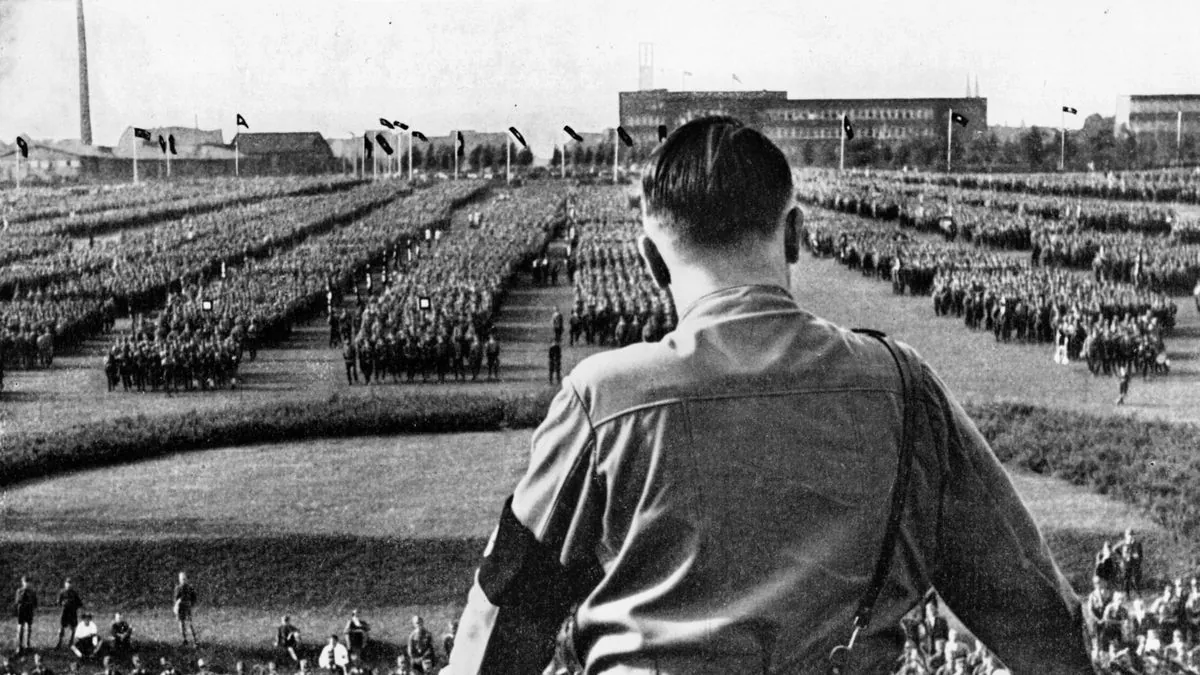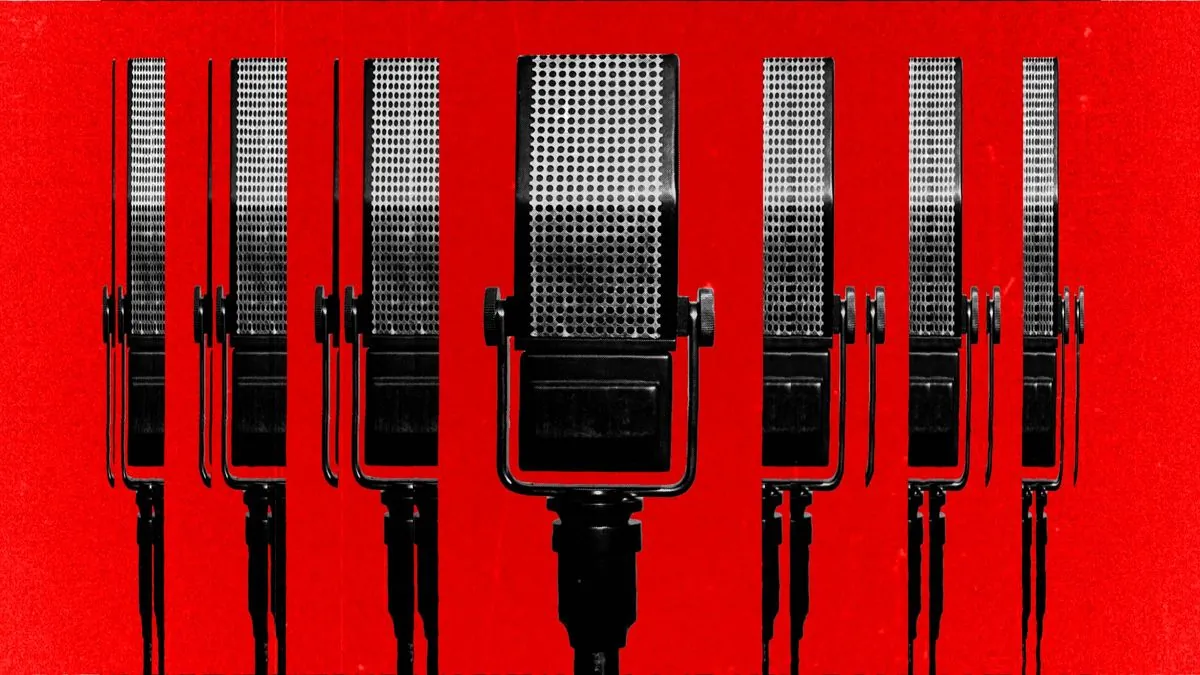AI-Generated Hitler Speeches Spark Online Extremism Concerns
Extremists exploit AI to recreate Hitler's speeches in English, reaching millions on social media. Experts warn of potential radicalization and normalization of Nazi ideology through easily accessible content.

In a concerning development, Adolf Hitler's speeches are being resurrected through artificial intelligence, reaching millions of viewers across popular social media platforms. This trend, emerging approximately one year ago, has raised alarms among experts who fear the potential for radicalization and the normalization of Nazi ideology.
The AI-generated content presents Hitler as a "misunderstood" figure, with his antisemitic and anti-immigrant messages finding new resonance in contemporary politics. These videos, which have garnered millions of views on TikTok, X (formerly Twitter), Instagram, and YouTube, feature AI-cloned versions of Hitler's voice delivering English translations of his notorious addresses.

One of the most frequently recreated speeches is Hitler's 1939 Reichstag address, which predicted the end of Jewish people in Europe. This speech, delivered just 6 years after Hitler's rise to power, marked a significant escalation in the Nazi regime's antisemitic rhetoric and policies.
The Institute for Strategic Dialogue (ISD) reports that content glorifying or excusing Hitler's speeches has accumulated approximately 25 million views across various social media platforms since August 13, 2023. This surge in online interest coincides with the promotion of conspiracy theories by some prominent political figures, including baseless claims about immigrant behavior.
Experts highlight that the latest generation of AI tools allows fringe groups to breathe new life into abhorred ideologies. These tools can create lifelike pictures, voices, and videos in seconds, presenting both opportunities for radicalization and moderation challenges for social media companies.
"It enables a new kind of emotional engagement that may be much more seductive to a new generation."
The ease of creating such content has significantly lowered the barrier to entry for producing and disseminating extremist material. What once required advanced programming skills can now be accomplished with readily available AI voice-cloning tools and video software.
While the number of active neo-Nazi groups in America has declined since 2017, experts warn that this doesn't necessarily indicate a decrease in Nazi ideology. Instead, right-wing extremists are increasingly turning to online forums and mainstream social media platforms to organize and recruit new adherents.
The impact of this online propaganda is difficult to quantify, but its influence can be seen in the adoption of extremist ideas by prominent public figures and in the manifestos of mass shooters who have cited such content as inspiration.
Social media companies face significant challenges in moderating this content, as it often lacks overt terrorist or extremist logos and can be easily shared and built upon using platform features like TikTok's "duet" function.
As we approach the 80th anniversary of the end of World War II in 2025, it is crucial to remain vigilant against the resurgence of Nazi ideology in any form. The use of AI to recreate Hitler's speeches serves as a stark reminder of the ongoing battle against extremism and the need for continued education about the horrors of the Holocaust and the dangers of fascism.


































